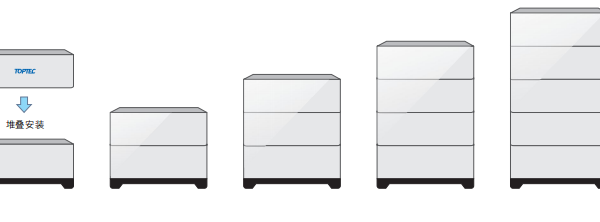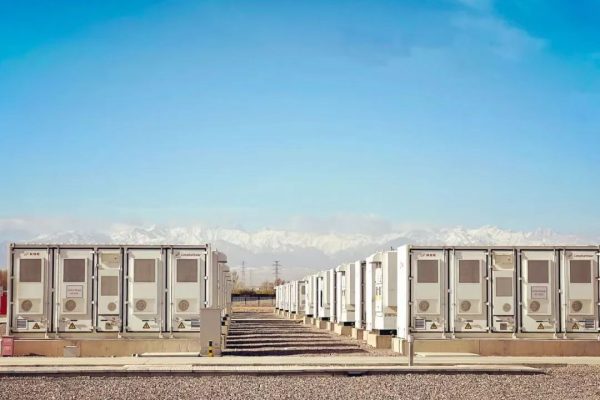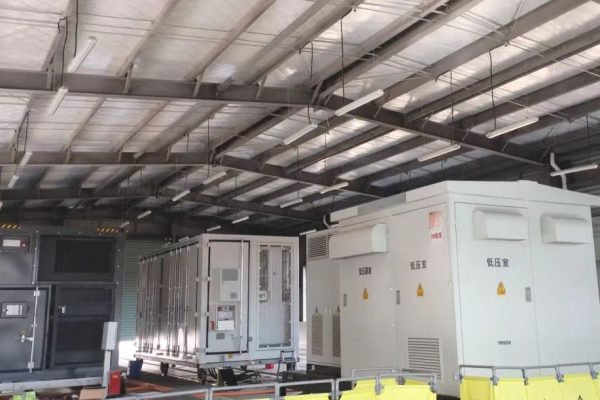Why Spare Parts Management Matters
For distributors, EPCs, and end-users, spare parts management is a critical but often overlooked aspect of energy storage trade. Downtime, service delays, and costly replacements can damage relationships and profitability. Modular systems offer a unique advantage: they simplify spare parts strategies and reduce operational risks.
1. Fewer Unique Components
- Traditional Challenge: Complex systems with multiple customized parts require large inventories of spares.
- Modular Advantage: Standardized design reduces the number of unique spare parts needed.
- Result: Leaner spare parts inventory, lower capital tied up in stock, and easier management.
Exporter Tip: Stress to international buyers that fewer part types mean faster service and lower maintenance costs.
2. Easier Replacement and Swapping
- Traditional Challenge: Repairs in conventional systems often require specialized technicians and unique components.
- Modular Advantage: Modules or sub-units can be swapped quickly, often without advanced technical expertise.
- Result: Reduced downtime and quicker return to operation.
Buyer Insight: Many buyers value the ability to replace rather than repair during urgent situations.
3. Predictable Maintenance Planning
- Traditional Challenge: Uncertainty around component lifespans complicates spare parts forecasting.
- Modular Advantage: Consistent module lifecycles allow for predictable replacement schedules.
- Result: Easier planning, budgeting, and stock preparation for service teams.
Exporter Insight: Highlight how modularity gives distributors and EPCs a clearer view of lifecycle costs.
4. Lower Logistics Costs for Spares
- Traditional Challenge: Shipping multiple sizes and types of spares internationally raises logistics costs.
- Modular Advantage: Standardized spare parts reduce SKUs and consolidate shipments.
- Result: Lower freight costs and simpler customs clearance.
Client Perspective: Importers prefer suppliers whose products come with logistics-friendly spare parts management.
5. Strengthened After-Sales Service
- Traditional Challenge: After-sales commitments often strain distributors who must maintain wide spare inventories.
- Modular Advantage: With fewer, standardized spares, service becomes faster and more reliable.
- Result: Improved buyer trust and stronger long-term relationships.
Exporter Tip: Position modular spare parts management as a service enabler that enhances buyer loyalty.
Spare Parts as a Strategic Advantage
In global energy storage trade, modular systems deliver a decisive advantage in spare parts management. By simplifying inventories, enabling quick replacements, and lowering logistics costs, modular solutions make after-sales service more efficient and reliable. For exporters, emphasizing this advantage can help build trust and differentiate products in highly competitive markets.








